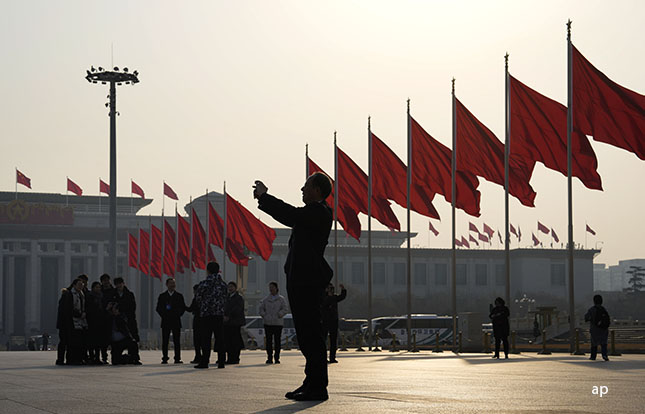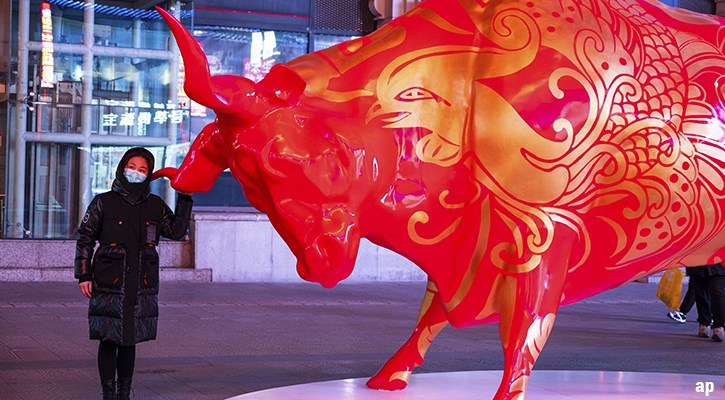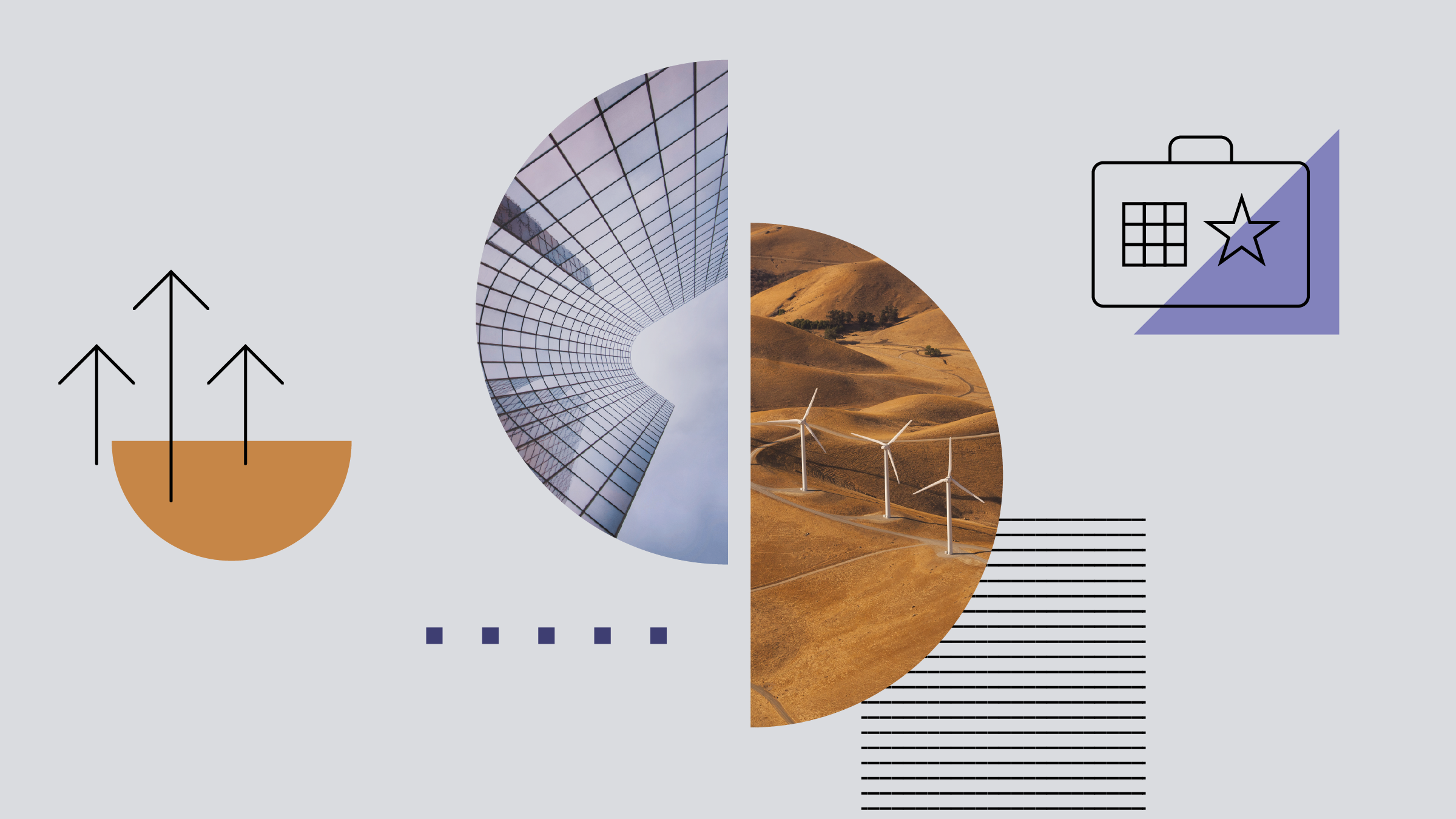Sunniva Kolostyak: Welcome to Morningstar. After over a year of economic hardship, things might finally be turning around for China. So, with me here today, I've got Kate Lin, my colleague from Hong Kong, who is going to talk to us about the year gone and the year ahead.
So, Kate, thank you very much for being here today. Let's start with maybe the biggest topic, which is COVID. Can you talk me through the impact that the zero Covid-19 policy has had on the economy?
Kate Lin: Sure. So, the strict COVID rules and rolling lockdowns have taken a toll on the Chinese economy. And investor sentiment is also sluggish, as you can see in the index performance, Hong Kong's Hang Seng Index has once fallen to its 13-year low as its worst level. With that, the headroom is quite a lot though, given how much stocks have been sold down. Now, according to Morningstar research, an average Asian stock is trading around 15% discount to their fair values, some even highly-rated names like Tencent are even more attractively priced.
SK: So, that means there should be quite a lot of opportunities. So, where are you seeing those at the moment for the year ahead?
KL: Right. According to portfolio managers based in Hong Kong, now the inflection point for Chinese equities have come. With the clear directions that the Chinese government is going to relax the zero-Covid policy, they see that the country is also reprioritising economic growth and reopening borders. So, just earlier this week, Hong Kong government has lifted the travel restrictions for inbound travelers, and this is very welcome news, because managers we talk to told us that this might be the strongest economic stimulus China can have.
SK: Another sector that I think we need to talk about is property. It's over a year since Evergrande almost collapsed under its own weight. So, is there any sign of recovery there?
KL: Right. So, with the distressed developers, managers admit that they might never come back at all. For some, restructuring is already underway. In terms of portfolio holdings, managers use the recent rally after the governments new rescue package as a chance to offload and trim their holdings in the high yield property bond exposure. But after the rally, they think the sector will enter a stabilised stage, which means home sales will be in a L-shaped trajectory. But for the long term, the sector is going to be in a repair mode which takes multi-year to finish. So, even managers do stick to some holdings, they only own the names they have the highest visibility that they will be the survivors.
SK: Right. So, fund managers overall, how are they positioning themselves? The outlook is still vaguely positive. So, where are the opportunities at the moment?
KL: Many direct beneficiaries are known, and they have already staged the first round of rebound. But managers we talk to, they are actually buying those more sensitive to the improvements in the economic conditions and domestic consumption – for example, sportswear and furniture. They also look into late cycle type of businesses, which means advertising, recruiting and enterprise service. They are expected to stage a meaningful recovery in the second half of 2023. On the credit side, managers are buying into the better-quality side of the bond spectrum. State-owned enterprises are also considered a new driver for the country's economy. Moreover, they do look at consumption and long-term trends like clean energy.
SK: Kate, thank you very much. For Morningstar, I'm Sunniva Kolostyak.



















